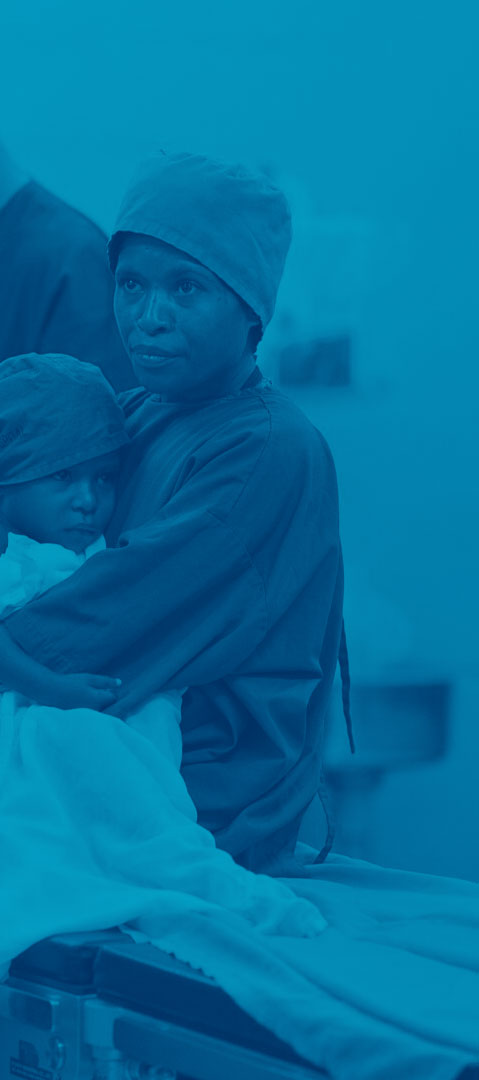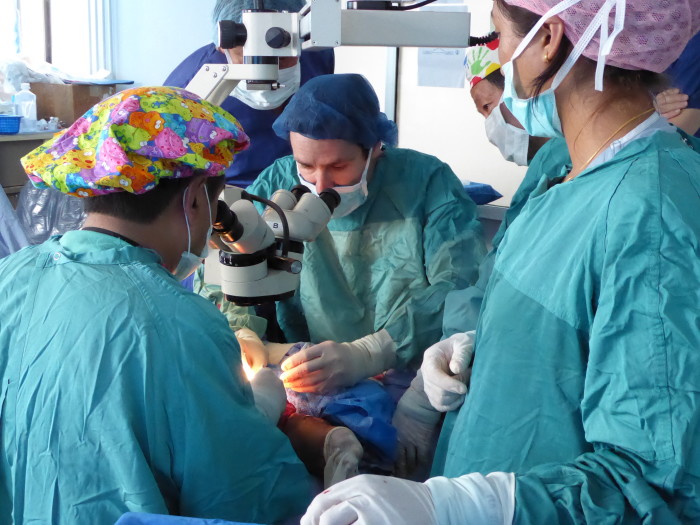Country Information
Nepal has a population of almost 29 million (WHO,2016). Life expectancy at birth is 69 years for males and 72 years for females (WHO,2016) and the infant mortality rate is 32 for every 1000 births (WHO,2018). Some challenges to Nepal’s health system include addressing the growing burden of non-communicable diseases, linking disability and rehabilitation services as well as mental health into the primary health care system.
In most developing countries, including Nepal, there is an overwhelming caseload of patients requiring treatment for congenital and acquired deformities which require access to complex reconstructive plastic surgical treatment. Limited access to reconstructive plastic surgery for patients leads to injuries that heal poorly, creating severe scars that immobilise limbs, impair function and result in permanent disability.
Nepal experienced devastating earthquakes in early 2015, and the country is slowly rebuilding from the disaster.
Program History
Interplast has been working in Nepal since 2006, following a request to assist in the development of reconstructive microsurgical services. In partnership with the PHECT Model Hospital and the Nepalese Ministry of Health, to date, Interplast volunteers have delivered six comprehensive training modules. In 2009, a training and assessment module was delivered to evaluate and assess progress. Recognising the need to build a multidisciplinary approach to treatment, a comprehensive plastic surgery training program for nurses has been initiated along with training to allied health assistants to improve patient access to appropriate rehabilitation following reconstructive surgery. Regular communication regarding patient management takes place between the Nepalese and Australian surgeons, and Interplast provides financial support for the local surgical team to undertake independent microsurgical cases in-between visits, to enable treatment for those who would not otherwise be able to afford it.
Current program
Interplast continues to develop the capacity of Nepalese surgeons and nurses through a range of projects – including microsurgery mentoring, nurse education, and allied health training. Interplast also continues to support Nepalese surgeons and nurses to participate in similar training programs in neighbouring Bangladesh. In addition to this, Interplast provides professional development opportunities to Nepalese surgeons in the form of participating in conferences and workshops in Australia.
For more details, keep an eye on our Upcoming Programs Schedule or get in touch with us!


